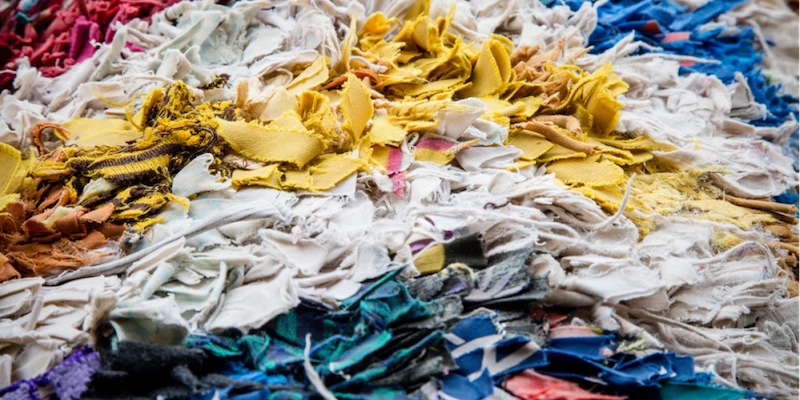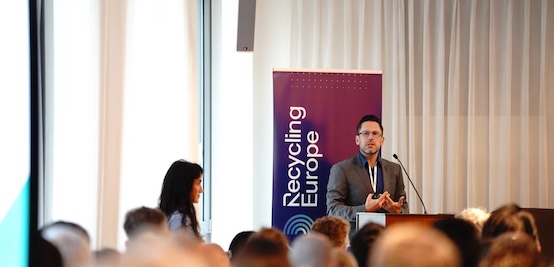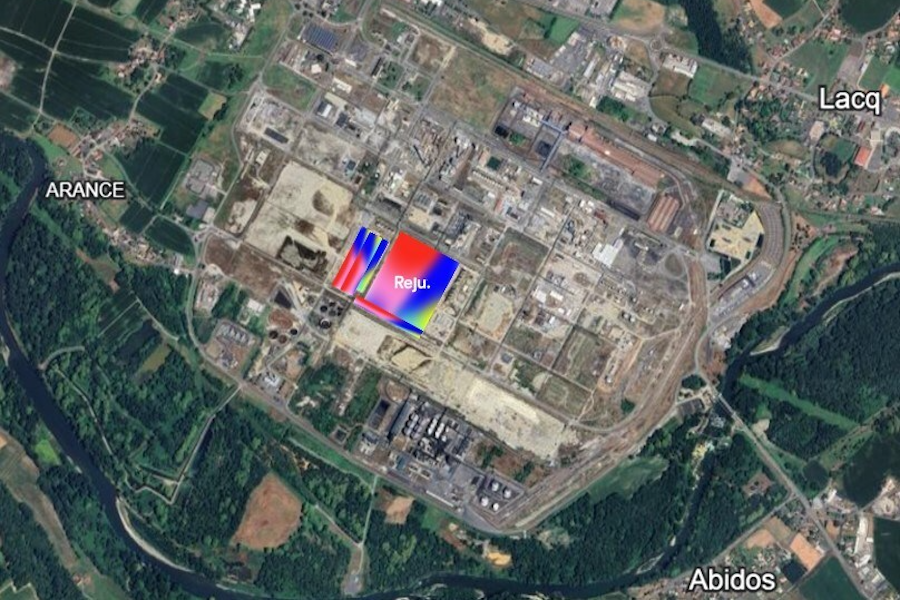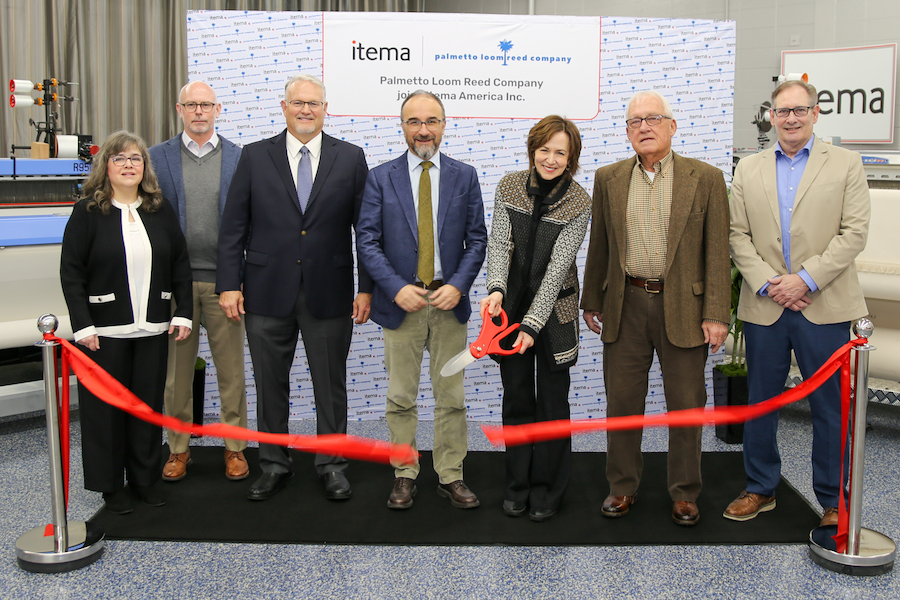#Recycling / Circular Economy
Practical, market-driven End-of-Waste criteria are key to textile circularity

EoW criteria must reflect the realities of textile collection, sorting, and recycling to enable a truly circular textiles value chain. Valuable textiles – including workwear, technical items, or garments with minor defects (i.e. missing buttons, or small stains) – must not be excluded from reuse or recycling due to overly rigid definitions or current technological limitations. Trusted and trained sorting operators are best placed to determine reusability based on real market demand.
Sorters and recyclers must not be administratively burdened with disproportionate requirements. The sector needs quality assurance frameworks that are realistic and easy to implement, particularly for small and medium-sized enterprises.
Support for the JRC proposed approach that grants the EoW for recycling status afterthe recycling process, in line with the Waste Framework Directive, which defines recycling as “any recovery operation by which waste materials are reprocessed into products, materials or substances." While sorting for recycling is an essential step, output materials of this operation are intermediate fractions that still need to undergo recycling and should not be eligible for EoW status. As recommended by the JRC for the mechanical recycling, EoW status shall be granted at the point at which the output material is either ready to be used directly as a textile product or is ready to be used for the production of new textile products.
Recyclers cannot be held responsible for unknown chemical content in post-consumer textiles, and red tape must be avoided. An approach should be found that ensures compliance with the chemicals legislation without harming the textiles circular economy, and by considering the challenges of tracking thousands of substances in post-consumer textiles.
The EoW framework must actively support innovation. This includes enabling R&D through targeted exemptions for small volumes of textile waste, allowing the testing of new materials and recycling processes under safe conditions, without being blocked by rigid standards.
A successful EoW framework must reduce barriers - not create new ones. The future of textile recycling in Europe depends on smart rules that empower sorters & recyclers, drive investment, and unlock the full potential of circularity.













